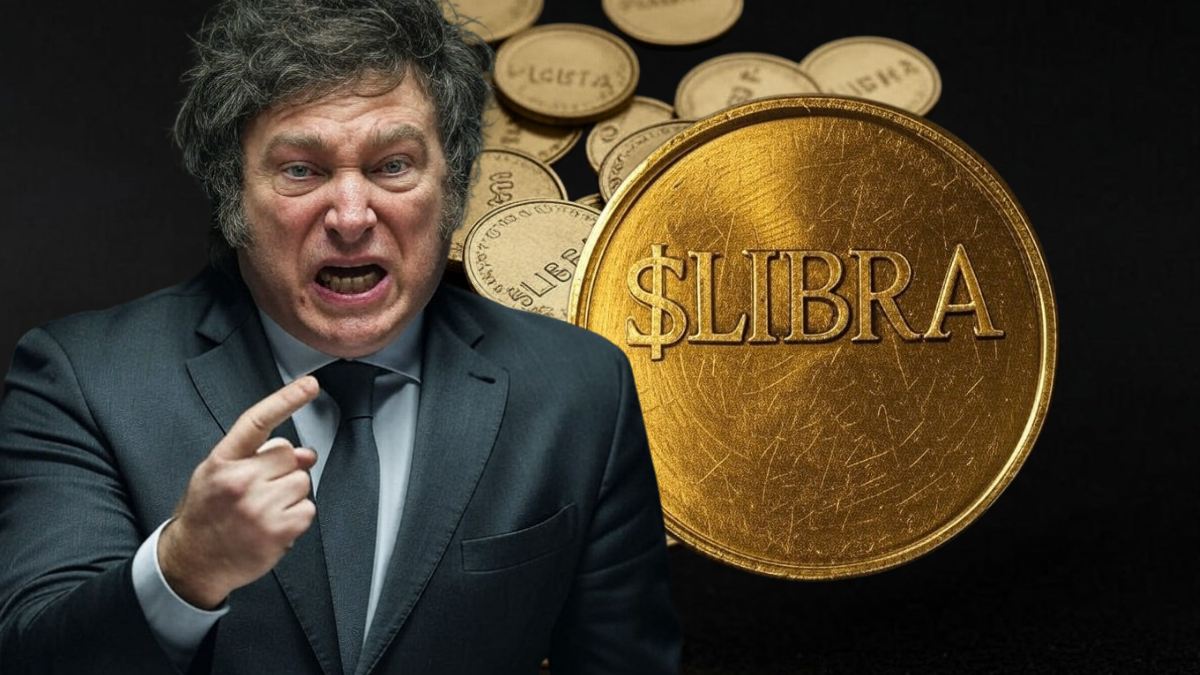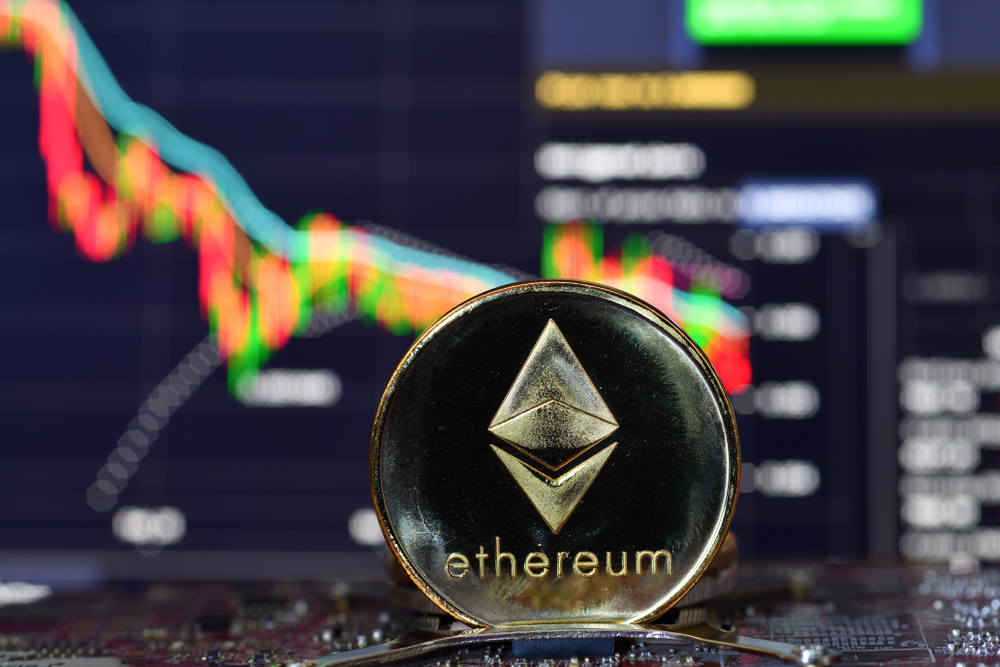|
Getting your Trinity Audio player ready...
|
The LIBRA meme coin is under intense scrutiny following allegations of insider trading and its brief endorsement by Argentina’s President Javier Milei. Reports suggest LIBRA’s market maker has ties to the controversial MELANIA token, raising concerns about coordinated price manipulation.
LIBRA’s Suspicious Connections to MELANIA
On February 16, Chaofan Shou, co-founder of Fuzzland, exposed alleged links between LIBRA and MELANIA. Shou presented wallet data indicating that the same market maker, operating from Delhi, controlled both projects. This entity has been previously linked to tokens like Enron and OGME, which exhibited suspicious price surges before collapsing—hallmarks of pump-and-dump schemes.
MELANIA, launched ahead of Donald Trump’s second-term inauguration, briefly hit a $2 billion market cap before plummeting below $200 million. Similarly, LIBRA experienced a surge after President Milei’s endorsement, only for insiders to reportedly cash out $107 million, causing a sudden crash. The fallout prompted Milei to distance himself from the project, leading to accusations of financial misconduct and calls for his impeachment.
LIBRA Insiders Deny Fraud Accusations
Despite growing skepticism, KIP Protocol, an entity linked to LIBRA, denies any involvement in fraudulent activities. Julian Peh, CEO of KIP, emphasized that all funds remain on-chain and accounted for, asserting that KIP played no role in the token’s issuance. Instead, Peh pointed to Kelsier, LIBRA’s market maker, as the party responsible for token distribution.
Kelsier’s Hayden Davis, in turn, blamed President Milei and his team for the market crash. He argued that meme coins rely on investor confidence, and when Milei’s team deleted promotional posts, panic selling ensued. In an attempt to restore credibility, Davis pledged to reinvest $100 million into LIBRA and burn all acquired tokens.
— Kelsier (@KelsierVentures) February 16, 2025
A Cautionary Tale for Meme Coin Investors
The LIBRA controversy underscores the inherent risks of investing in speculative meme coins, particularly those linked to political figures. While supporters maintain the project’s legitimacy, regulators and market analysts continue investigating potential manipulative practices. Investors remain on high alert, wary of repeating past mistakes in a volatile market.
Disclaimer: The information in this article is for general purposes only and does not constitute financial advice. The author’s views are personal and may not reflect the views of Chain Affairs. Before making any investment decisions, you should always conduct your own research. Chain Affairs is not responsible for any financial losses.
Also Read: Solana (SOL) Struggles Below $200 Amid Memecoin Controversy
I’m your translator between the financial Old World and the new frontier of crypto. After a career demystifying economics and markets, I enjoy elucidating crypto – from investment risks to earth-shaking potential. Let’s explore!




